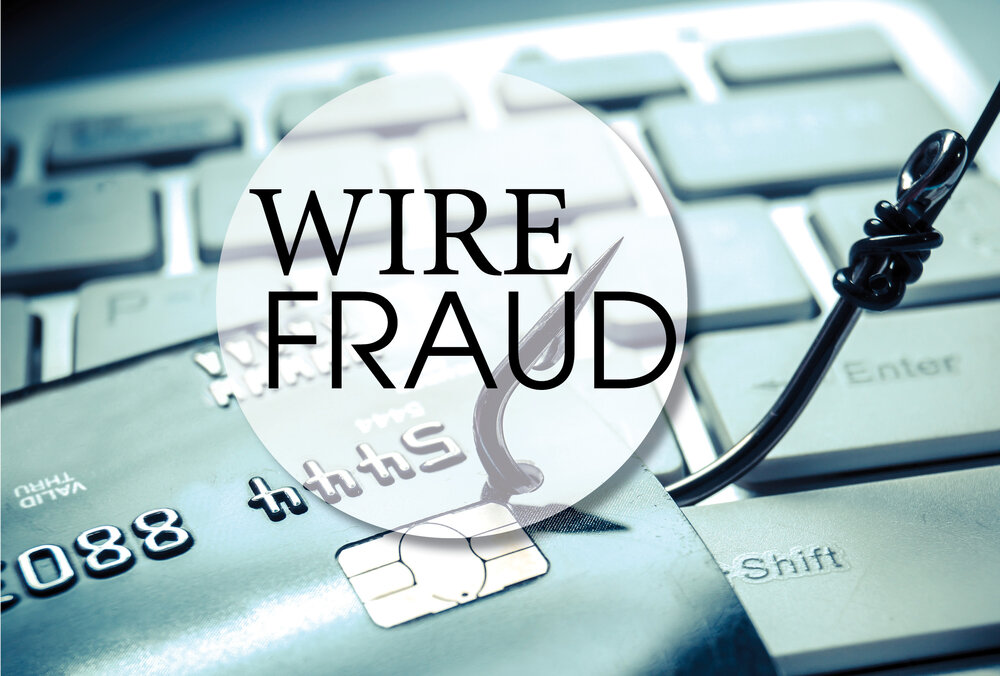
Scammers are determined to catch people off guard during these stressful times. If you suspect that you are a victim of wire fraud, it’s important to act quickly. Take these steps immediately:
-
Contact your financial institution immediately upon discovering the fraudulent wire transfer and request that they make attempts to stop it.
-
Request that your financial institution contact the corresponding financial institution where the fraudulent wire transfer was sent.
-
Notify your local Federal Bureau of Investigation (FBI) office as soon as you suspect a fraudulent wire transfer. The FBI, working with the U.S. Department of the Treasury Financial Crimes Enforcement Network, might be able to help return or freeze the funds.
-
Be sure to file a complaint with the FBI, regardless of dollar loss. www.ic3/gov
-
Notify all affected or potentially affected parties.
-
Change all your passwords. If possible, change usernames as well.
-
Whether the scammer contacted you via email or phone., report the incident to the Federal Trade Commission (FTC) at 1.877.382.4357 or online at www.ftc.gov/complaint
WHAT LAW ENFORCEMENT NEEDS TO KNOW:
When contacting law enforcement or filing a complaint with the Internet Crime Complaint Center, identify your incident as “BEC/EAC”. Then provide the following helpful information to investigators:
-
Date and time of incident
-
Amount transferred
-
Originating financial institution name and address
-
Beneficiary name
-
Beneficiary financial institution name and address
-
Beneficiary account number
-
Correspondent bank if known
-
IP, email address and/or phone number of fraudulent accounts
-
Incorrectly formatted letterhead or email signature
-
Description of contact with the scammer, including frequency and timing of calls and emails
-
Describe if something just seemed “off”, such as timing, requests for secrecy or immediacy, and/or unusual wording in the fraudulent phone calls of emails.
+ show Comments
- Hide Comments
add a comment